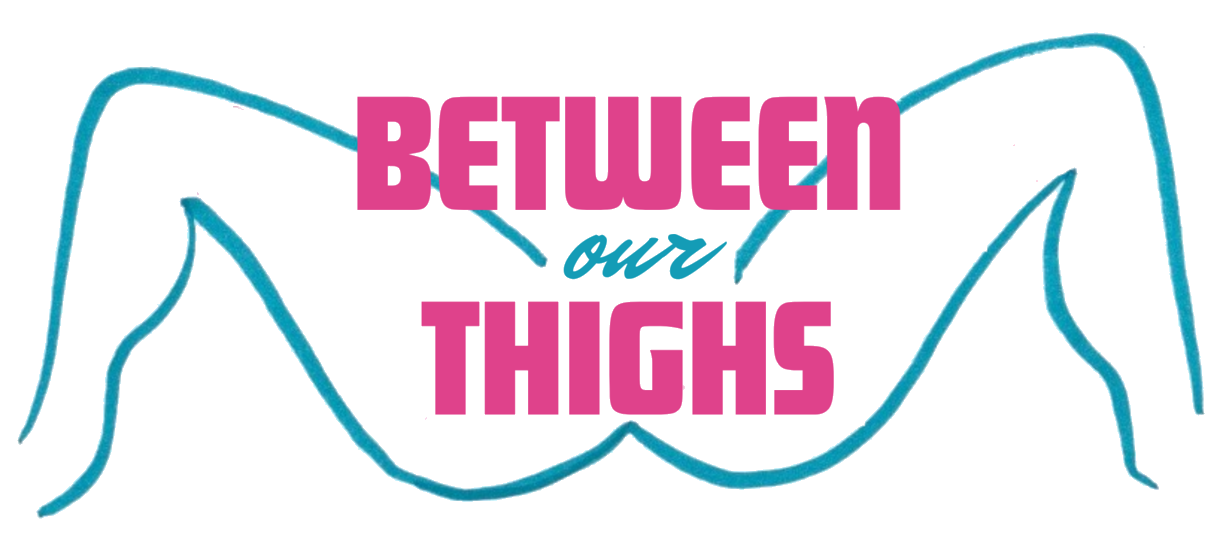11 Tips for a Healthy, Loving Relationship (and Avoiding Toxic Partners)
What are the necessary elements of healthy relationships? What is a healthy relationship?
A good relationship goes beyond acknowledging and respecting essential relationship boundaries and is more than merely not seeing signs of a toxic relationship. It’s about mutual love, respect, trust, and so much more.
Are you curious about how to have a healthy relationship? Look no further. Today, we’re sharing eleven tips on how any couple can encourage balanced relationships with one another, as well as the indicators of unhealthy relationships.
1. Treat each other as equals, with respect
The most basic aspect of any good relationship is respect for one another, regarding each other as equals. Without this, it is impossible to build a healthy relationship from the ground up.
2. Cultivate mutual trust
It's often said that trust is vital for any relationship — this is true. Striving to maintain an environment where both partners feel comfortable with the other living their life without worrying about breaking trust is key to a healthy relationship. Doubt, fear, and resentment can quickly destroy a relationship.
3. Respect your boundaries
There are fundamental boundaries that go without saying — things that each couple should respect, by default — and other limits exclusive to us. Not only is setting unique boundaries important for a person's well-being, but after being communicated to a partner, they are something they must recognize.
4. Encourage one another to be your best
A loving partner who is equally onboard with fostering a healthy relationship will want the best for their significant other. This includes cheering on their ideas and dreams, speaking openly to each other, and even advocating for both partners to practise self-love exercises (either separately or together) to be the best versions of themselves.
5. Learn when to bring things up…
Sometimes, it's crucial to bring up relationship problems you notice, that are concerning. Talking to your partner about your needs and making it clear what you expect from them (and what they expect from you), at minimum, is necessary for a healthy relationship.
6. …and when to let things slide
When it comes to little things, it's often best to let them slide. As the saying goes, there's no use crying over spilled milk — when the 'problems' are of little significance like this, leave it be and avoid starting unnecessary arguments.
7. Ask about each other’s day
Something as simple as asking someone how their day was, shows that you care about them. If they ask for advice, you can potentially help them through situations they find stressful or confusing. On the other hand, you may have an opportunity to celebrate their successes!
8. Make an effort to keep things exciting
Part of maintaining passion in a long-term relationship is by working to keep the spark alive. Show each other your love through acts of service, coming up with unique date ideas, and deciding on other fun things to do together!
9. Understand that personal space is necessary
Whether for personal acts of self-love and self-care (like a nap or warm bath) or to go on a self-date, everyone needs alone time. Not wanting to spend every waking hour together is not an insult — it's necessary for both partners to grow.
10. Own up to your mistakes
One of the tell-tale signs of an abusive relationship is when a partner refuses to admit their wrongdoings or blames their significant other. Admit when you've done something wrong, and apologize. Of course, it's also essential to avoid repeating offensive or hurtful behaviours in the future.
11. Have monthly check-ins
Even when all seems to be going well, it's important to check-in with each other to see how your relationship is doing. Are you both still on the same page regarding relationship goals, expectations, and overall satisfaction? You won't know until you ask. We recommend planning time each month to discuss these things, to make it a habit!
Do you feel like you now adequately understand the signs of a healthy relationship? We hope it has become clear that a good relationship is more than just arguing or being ‘nice’ to each other. It goes even further than simply not giving off signs of a toxic relationship. Healthy relationships are ones we can thrive on, grow from, and that make us the best versions of ourselves… and where we can do the same thing for our partner, too.
In with balanced relationships with people who are trustworthy, encouraging, and respectful and out with all toxic people who seem determined to maintain unhealthy relationships!
What are the things you do to encourage balanced relationships with your partner(s)? What constitutes an unhealthy relationship, in your opinion? Let us know your thoughts in the comments below.




